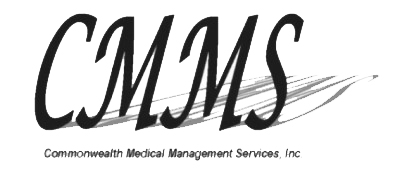The Republican staff of the Senate investigations subcommittee recently reported that HHS failed to act on clear warning signs that the co-op health insurance plans created under the Affordable Care Act were failing. The subcommittee said that the HHS ignored the warnings signs and continued to give loans to the unstable programs. More than half of the co-op plans under the ACA have failed so far and the remaining plans are facing serious financial problems. See the full article from Modern Healthcare below:
Published by: Modern Healthcare: Shannon Muchmore, March 10, 2016
Republican report says HHS ignored warning signs of co-op plan failures
A report from Republican staff of a Senate investigations subcommittee says HHS did not act on clear warning signs that several of the co-op health insurance plans created under the Affordable Care Act were failing. It said that despite those warning signs, the agency continued to give loans to unstable programs.
Of the 23 not-for-profit, consumer-governed co-op plans created under the ACA, 12 have failed so far, and others have serious financial problems. The report from the majority staff of the Homeland Security and Governmental Affairs Committee’s Permanent Subcommittee on Investigations concluded that it is unlikely any of the $1.2 billion in federal loan money given to the co-ops will be recovered. Congressional Republicans have pummeled the co-op plan program’s failings in prior hearings.
CMS acting Administrator Andy Slavitt said at a committee hearing Thursday that one reason for the failures is that the industry is “very difficult for new companies to enter.” The co-ops were competing against much larger companies with established capital and demographic data.
Also, the co-ops had limited performance data available before setting rates for the next year because of the lag in claims data and tendency for patients to receive more care at the end of the calendar year, he said.
The congressional Democratic authors of the healthcare reform law included the co-op plan funding provision in the law as a compromise approach to increasing competition in the health insurance industry, after they failed to win support for a public plan option. At the time, experts cautioned that it would be an uphill battle for these fledgling plans to compete against well-established, well-capitalized commercial insurers.
Sen. Rob Portman (R-Ohio) said at Thursday’s hearing—which no Democratic panel members attended—that he believed HHS officials had “plenty of information” to place more programs into corrective action more quickly. Sen. Ben Sasse (R-Neb.) said management and oversight of the co-op program was deeply flawed from the beginning. “The more you look at these numbers, the more unlikely it seems that anyone knew what they were doing,” he said.
CMS officials have noted that congressional Republicans blocked federal risk-corridor funding to compensate insurers, including co-op plans that enrolled a disproportionate share of sicker members, resulting in payments totaling only about 13% of what plans were expecting. Experts say that was a big reason for the failure of many co-op plans.
